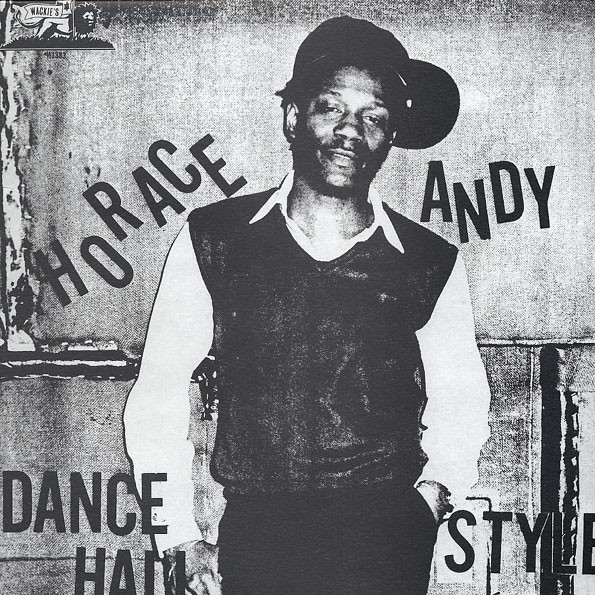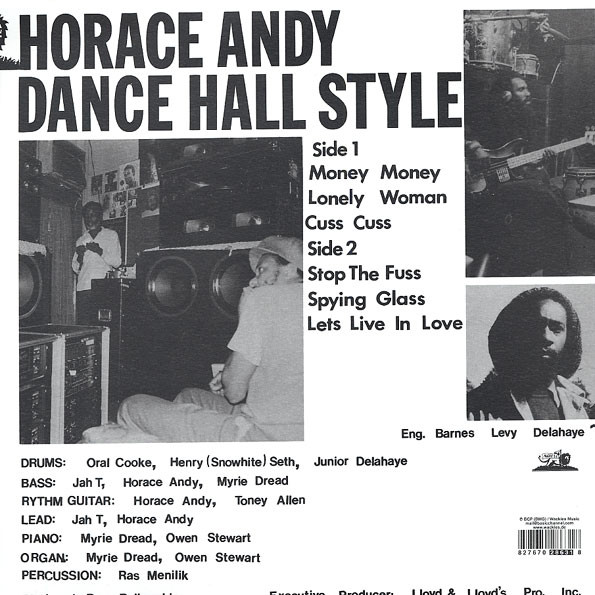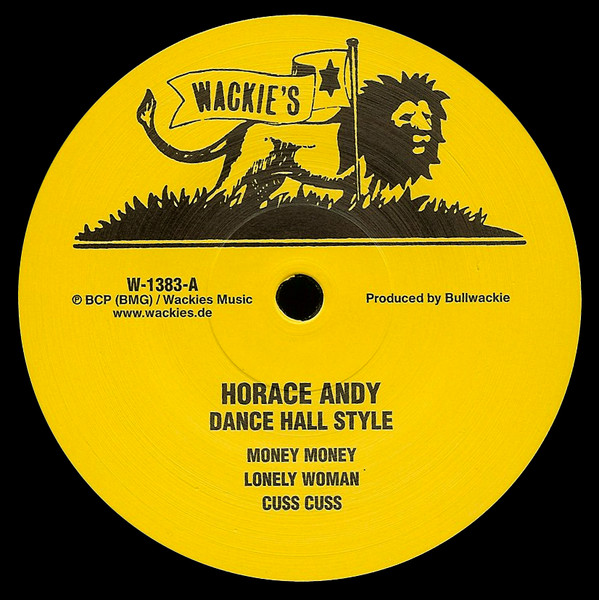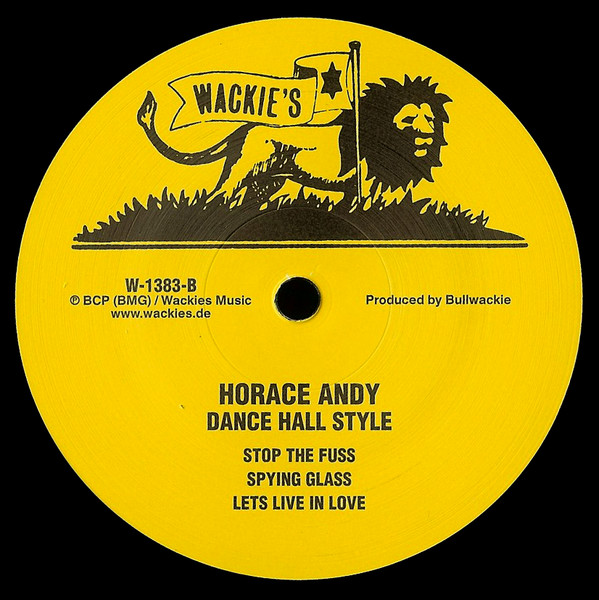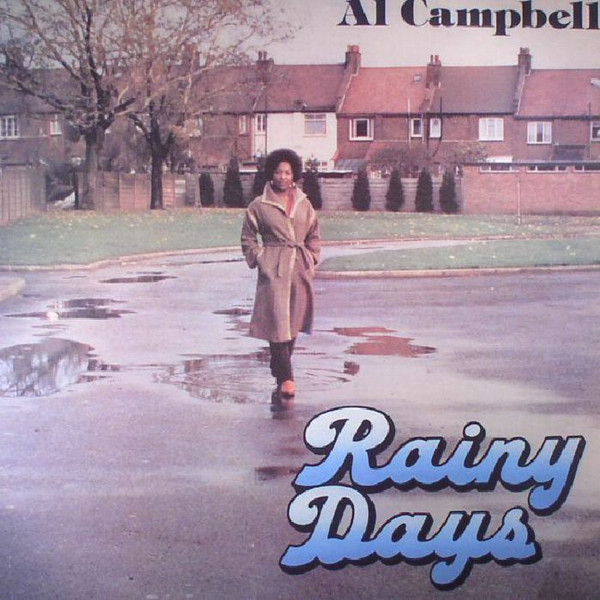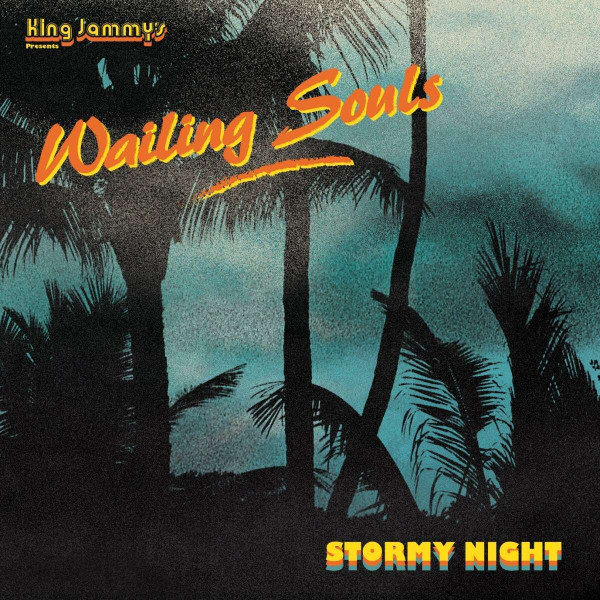By continuing your navigation on this website, you accept the use of cookies for statistical purposes.
Horace Andy
Dance Hall Style
𝙏𝙝𝙧𝙤𝙪𝙜𝙝𝙤𝙪𝙩 𝙩𝙝𝙚 𝙞𝙡𝙡𝙪𝙨𝙩𝙧𝙞𝙤𝙪𝙨 𝙨𝙚𝙫𝙚𝙧𝙖𝙡-𝙙𝙚𝙘𝙖𝙙𝙚 𝙧𝙚𝙘𝙤𝙧𝙙𝙞𝙣𝙜 𝙘𝙖𝙧𝙚𝙚𝙧 𝙤𝙛 𝙃𝙤𝙧𝙖𝙘𝙚 𝘼𝙣𝙙𝙮, 𝙬𝙞𝙩𝙝 𝙞𝙩𝙨 𝙞𝙣𝙣𝙪𝙢𝙚𝙧𝙖𝙗𝙡𝙚 𝙝𝙞𝙜𝙝𝙨, 𝙝𝙞𝙨 𝙪𝙣𝙢𝙞𝙨𝙩𝙖𝙠𝙖𝙗𝙡𝙚 𝙛𝙖𝙡𝙨𝙚𝙩𝙩𝙤 𝙝𝙖𝙨 𝙡𝙞𝙩 𝙪𝙥 𝙟𝙪𝙨𝙩 𝙩𝙝𝙧𝙚𝙚 𝙖𝙡𝙗𝙪𝙢𝙨 𝙤𝙛 𝙞𝙣𝙙𝙞𝙨𝙥𝙪𝙩𝙖𝙗𝙡𝙚 𝙜𝙧𝙚𝙖𝙩𝙣𝙚𝙨𝙨.
Recorded at the tail end of the seventies, dance hall style reworks songs like "Money Money", first recorded by Bunny Lee and Derek Harriott's "Lonely woman" - alongside a version of Lloyd Robinson's "Cuss cuss" - and births bona fide classics like "Spying glass" (later covered by Massive Attack).
The musicians include Wackies regulars, men like Owen Stewart and Oral Cooke from Itopia, Ras Menilik and Jah T.; also Horace's multi-instrumentalist spar Myrie dread from the hungry town sessions. At the desk, Lloyd Barnes, Junior Delahaye and Douglas Levy coax unequalled vocal performances from Horace Andy, in correct showcase fashion, all worthwhile extended mixes.
Iconic album, essential purchase.
A1
Money Money
A2
Lonely Woman
A3
Cuss Cuss
B1
Stop The Fuss
B2
Spying Glass
B3
Lets Live In Love
